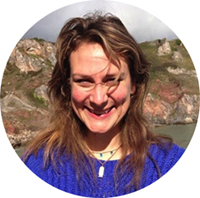The quality I most appreciate about the British countryside is its stunning beauty. France's countryside is beautiful but I think ours is beautiful on a more delicate palette. Also you can get around the countryside here, it’s not too big. You can be up north, down south, very quickly and easily. I love also the fact that in this country we have weather - we have the seasons, and it's not always the sun but the sights and sounds of the countryside are changing constantly - and that's lovely to be part of.
When you're filming on location in the British countryside [such as on Norland Moor in West Yorkshire, for Last Tango in Halifax] you're looked after, fed and watered. So you have no worries about life and you can give your time to the work and the leisure surrounding your work. When in the country that means lovely walks, beautiful sights, breathing fresh air. My lungs enjoy the countryside more than London. You can actually feel the air's goodness.
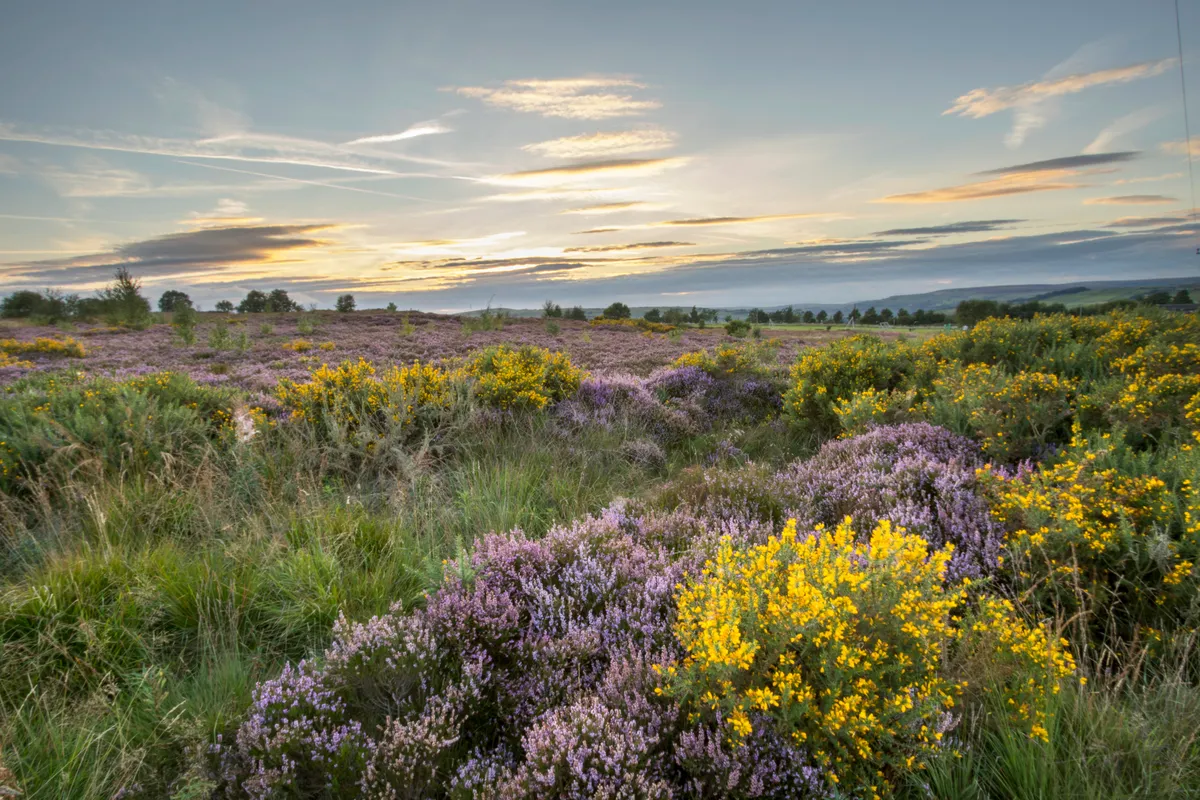
I suppose inevitably in some senses there must be an urban/rural divide because you get accustomed to the environment in which you're living. What that environment gives to you, what it takes from you, what is needs from you and what you need from it - it becomes inter-dependant. As a city dweller, you know how to survive in a city like London. In the country, as a visitor, which I can only be, as I don't work in rural way. As a visitor, it is a place of peace, of solitude, of relief, of relaxation, of beauty, of really looking at the world in a different way, in a much more introspective way. I don't feel like I'm having to survive in the country, and the country accepts me, whereas in town, it's not exactly a fight but I have to be on my guard. I suppose that's what I like - I don't want to be too relaxed, perhaps it's an actor's instinct. You can't be too relaxed - you have to have everything at your fingertips, your nerve ends are raw as an actor because that's what you're living on and that's what you're giving to the public. So it's lovely to go to the country and feel totally different. So in that sense, there is a difference between rural and urban but I think they have fantastically, successfully, mutually existed for millennia.
Shakespeare's canon is full of references to the countryside. Whoever wrote Shakespeare was obviously a great lover of the land, because he uses it in the verse and the prose, he uses it in a lot of illustrations, not metaphorically but absolutely instinctively as if it is part of him, part of his psyche. And he describes the countryside in very, very beautiful ways. He clearly had a great knowledge of the countryside, how the land worked, how it survived and how it nurtured him. As of course it does all of us, we couldn't exist without it. I'm a lover of towns but I couldn't exist without what the land gives me, both materially and spiritually.
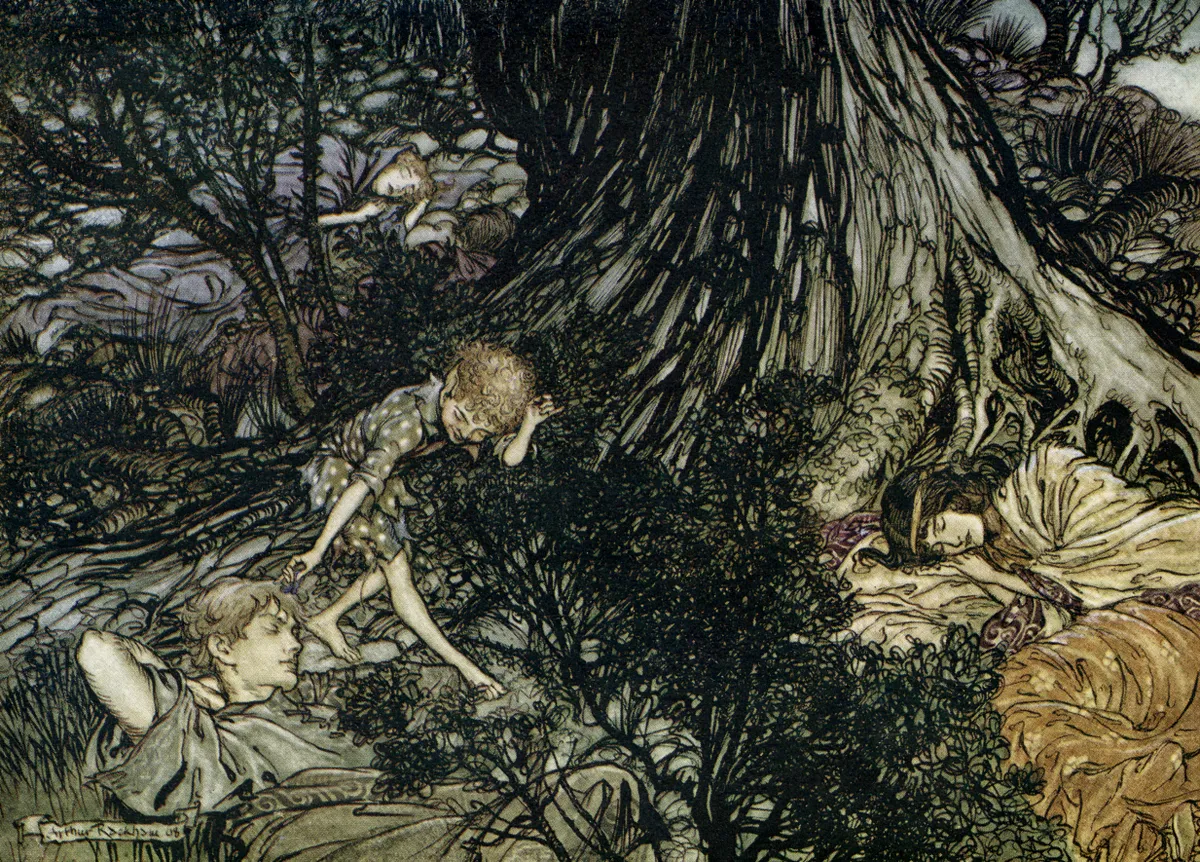
I've never been a great walker. I've always found that when I'm walking in the country, I look at the ground too much. I look where I'm going in case I trip over a stone or something, so I miss what's going on around me. And so I prefer to sit and look, preferably with a glass of wine in one hand, to take in the glory of it. To take in the colours, the sights, the sounds, which are so different from the sounds of the town. As we speak, machines are digging up the road outside my house, and laying new tarmac on the road. I would much prefer to be listening to birdsong.
If I were a British wild animal, I would be a deer. I love the look of them, and I see them very rarely. I've seen them occasionally in France, where I have a house - there's a wonderful hill in front of us and the deer sometimes comes out of the forest. I think they're beautiful to look at, although they eat the roses. I don't approve of that! You see I'm a child, a war baby, and I was brought up on Bambi. The first time I think I was conscious of howling, was when Bambi's mother died in the Disney movie. So Bambi is very much a part of my life. So it's a deer.
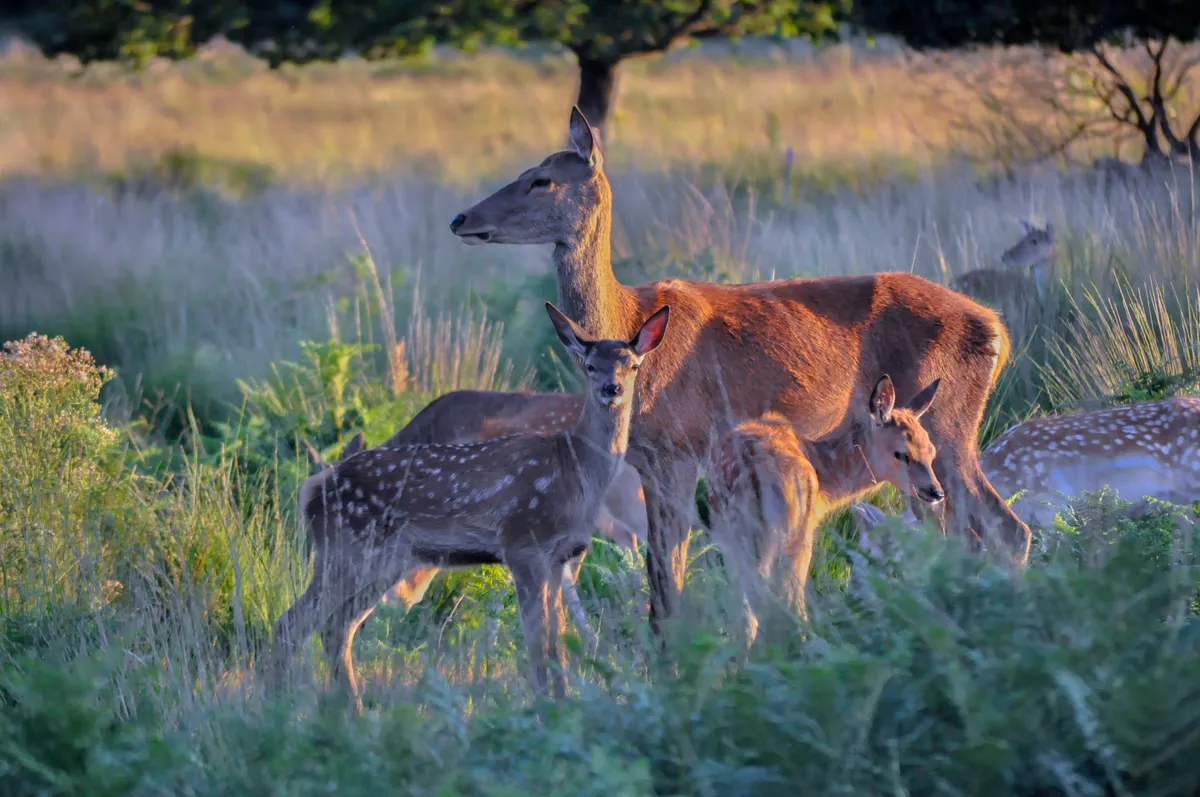
I think any person who slogs 15, 16 hours a day farming, is a hero. Providing me with lovely food and stuff - yes I couldn't do that. To wake up at 3 o'clock in the morning to pick and sow potatoes, providing me with lovely food - I think that's pretty heroic.
My proudest achievement is probably I've lived this long. I've got this far. I'm going to be 80 next year, so I'm pleased I'm still going. I still feel teenage inside and I'm still able to do the things that I love most - which is acting. Proud is maybe the wrong word - pleased, thrilled - proud that I've fulfilled my dream for when I was young. I wanted to be an actor and I wanted to be a successful actor and here I am, nearing 80, still acting. So yes, I'm proud of that.
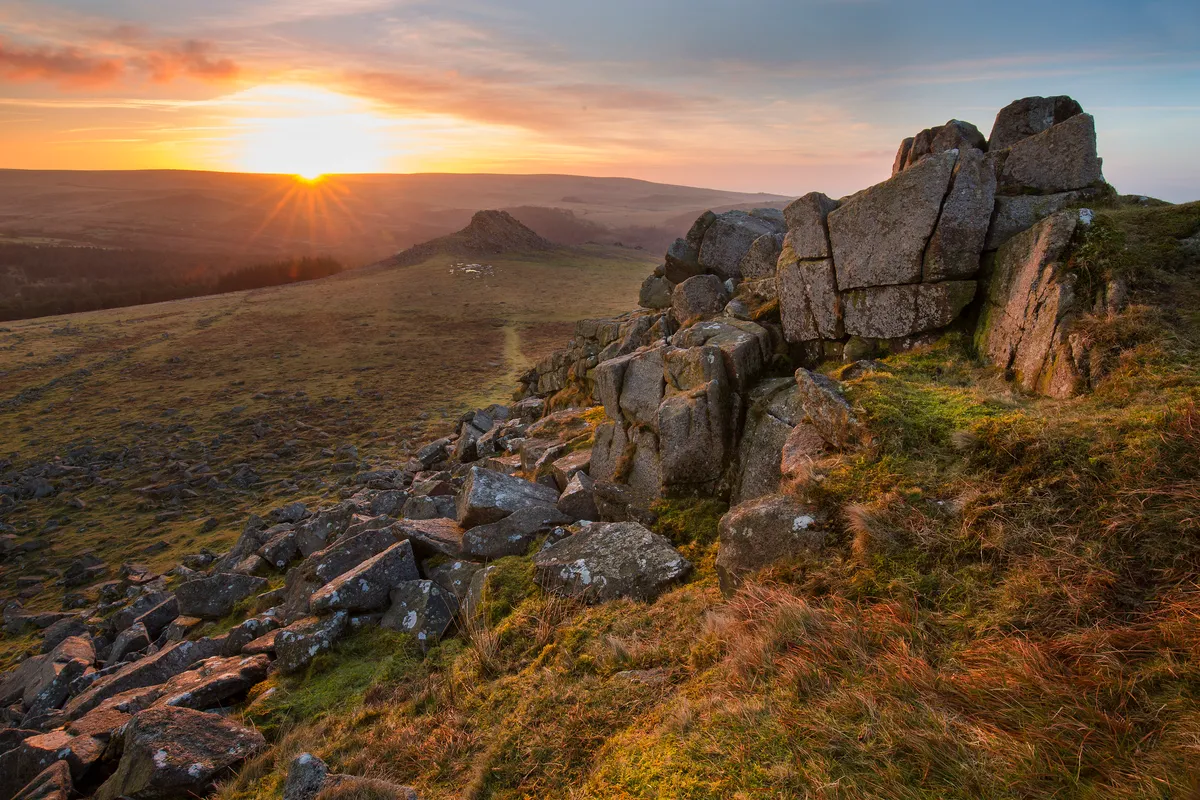
In my youth, I was always taken by my parents to the countryside and the seaside. Particularly, down south, to Devon and Cornwall, Dartmoor and Bodmin Moor. I loved it - all those places are wonderful.
What inspires me is energy, achievement, commitment. I love watching athletics, and it at first it makes me cry when I see people racing around that track and getting to that winning line. The extraordinary achievement of athletics and athleticism, I admire so much but if I put it in a wider context it would be the striving after something. The commitment to it, the energy putting into it and the courage that that needs. All those things I admire and yet am very emotional about.
I'm very keen on laughter. I think laughter is so important, and a very healthy trend. Laughter undercuts pomposity and that's always a good thing. If you can laugh at something, it means you're not taking yourself too seriously. Oh laugh at it, laugh at it, send it up!

I was drawn to Murder on the Orient Express because of Kenneth Branagh. I've known Ken since he was 18 years old when he came an interview me at the Old Vic in London when I was playing Hamlet. Over the years we've become very close friends and I'm happy to say he employed me in many of his movies and so when I picked up the phone and it was Ken saying 'Do you want to be Johnny Depp's manservant in the movie?' I said, 'Yes I'll do it for free'.
When it comes to scones, it's jam first for me and cream on top. When I used to go to Devon and Cornwall for my holidays as I said earlier, we always had cream teas and I was always told to put the jam on first. What is considered proper?
